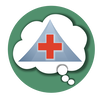|
I stayed up late because I wanted to get you all this tonight <3
I read someone on the internet today say that they weren't "social distancing" - they were physically distancing. And that on the contrary it was more important than ever to socially connect, to check in with and support each other. This really stuck with me, and I drew my ideas around it. For now, you can finish it yourself. It's a colouring sheet.
0 Comments
23 students completed the Mental Health Wilderness First Aid course this weekend at Strathcona Park Lodge & Outdoor Education Centre. Fantastic skill sharing on some difficult topics throughout our 2.5 days together and great feedback from students.
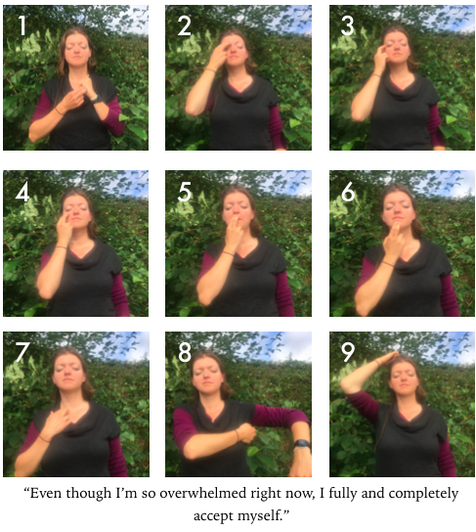 "Tapping" (aka Emotional Freedom Technique or EFT) is a simple mental health intervention that combines Western (exposure therapy, cognitive behaviour therapy) and Eastern (acupressure, energy meridians) practices. While repeating a simple statement that both acknowledges the problem and affirms the individual, a series of nine different points on the body are tapped: "karate chop", inner eyebrow, outer eye, under eye, under nose, under mouth, inner collarbone, armpit, top of head. The evidence base behind tapping is remarkable - clinical studies have supported the use of EFT to significantly reduce distress and "lizard brain symptoms" associated with anxiety, depression, trauma, and emotional overwhelm in clients from college students to military veterans. Learn how to support a client with tapping and other mental health field strategies at a MHWFA weekend course. First one starts October 4 in Ucluelet! 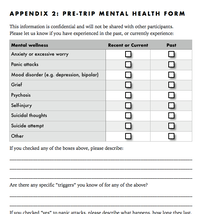 Brand new resource posted: the MHWFA pre-trip med form. Let's encourage each other to start talking about mental health as easily as physical health. Download a PDF copy free to adapt and integrate for your own organization.
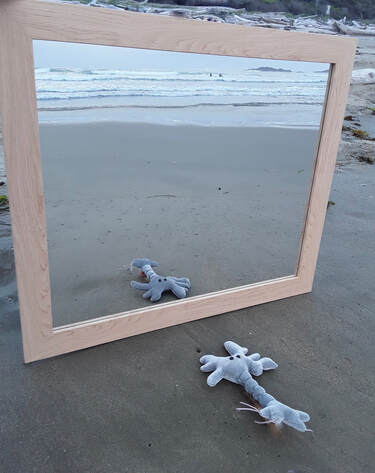 Mirror neurons are brain cells that fire both when an animal does something *and* when they observe another animal doing that same thing. This discovery has awesome implications for how we learn, communicate and empathize. If a client is experiencing anxiety in the wilderness, our own brains are likely to pick up on and begin to "mirror" the anxious feeling. At the same time, if *we* take a deep breath, *their* mirror neurons may fire and help to naturally ground them simply through our own nonanxious presence. Plus, mirror neurons are super cute, as we demonstrated on this recent trip to the beach! Learn more at one of our open-enrollment courses this fall: Flashback Friday: Daye Cooper presents her Master's research and the first ever course, originally titled "Wilderness First Aid for Anxiety", at the University of Victoria, April 2018!
Eight people participated in the course, at a cost of just $5 per person photocopy fee. |
Details
AuthorDaye Cooper Hagel is a clinical counsellor, veteran wilderness guide, and director of the Mental Health Wilderness First Aid program on the west coast of British Columbia, Canada. Read more about her and the MHWFA on the About Us page! Archives
July 2022
Categories |
||||||
About Us |
Courses & Events |
|
|
We do not require personal medical information from our students, volunteers,
staff, or contractors as a condition of providing services. |
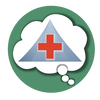
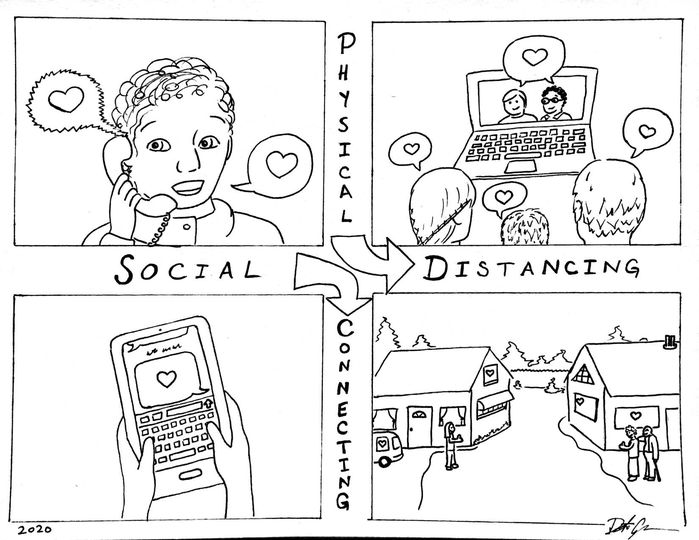
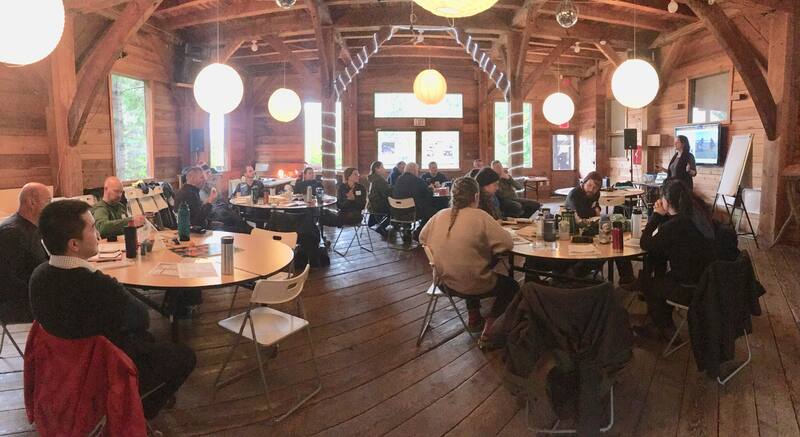
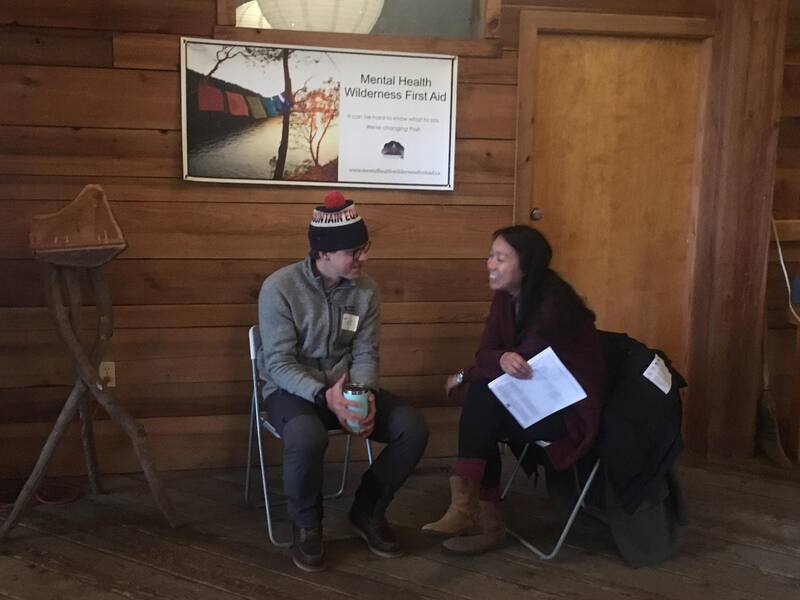
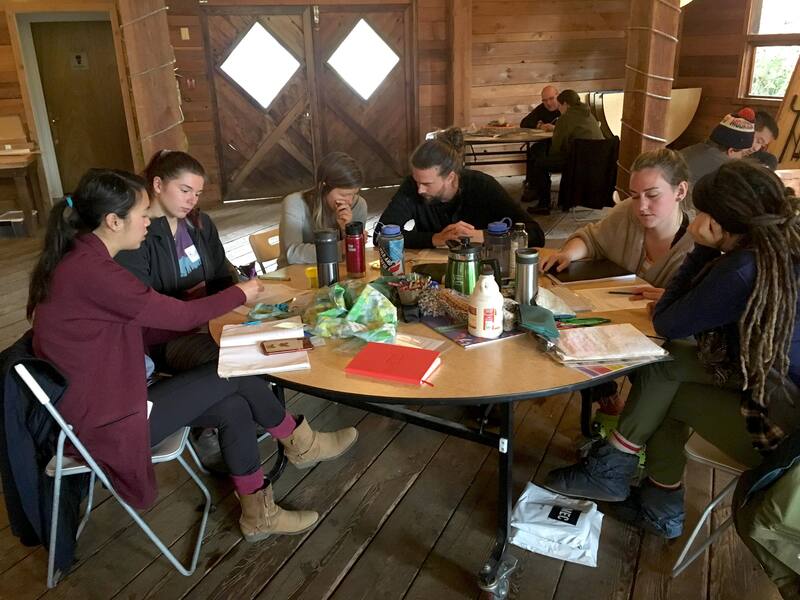

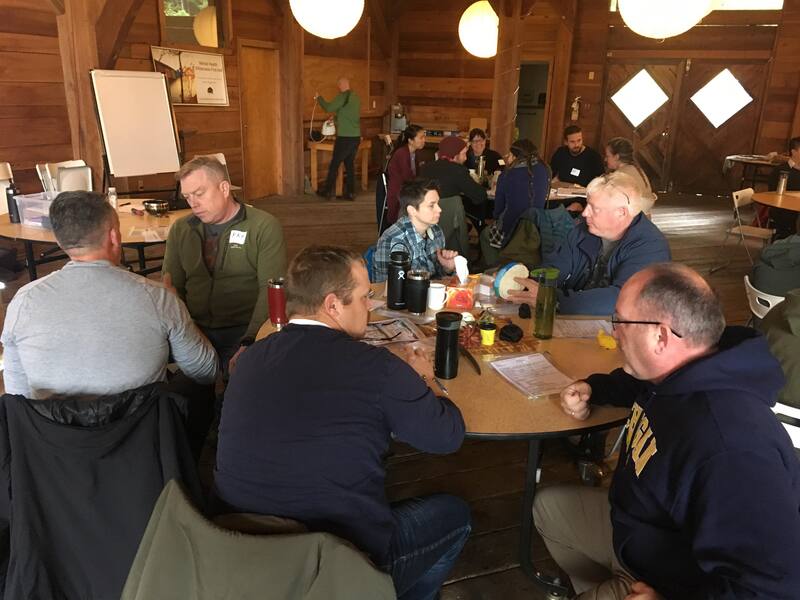
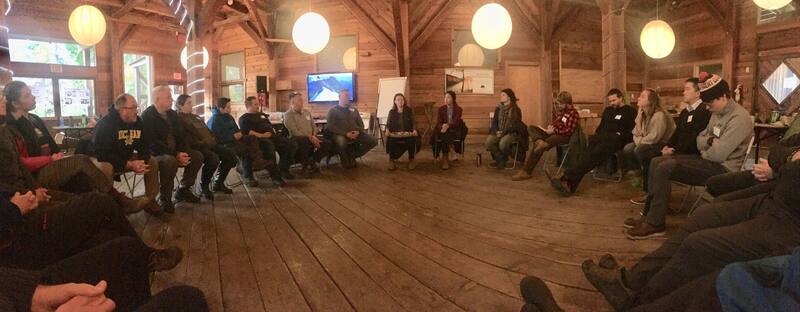
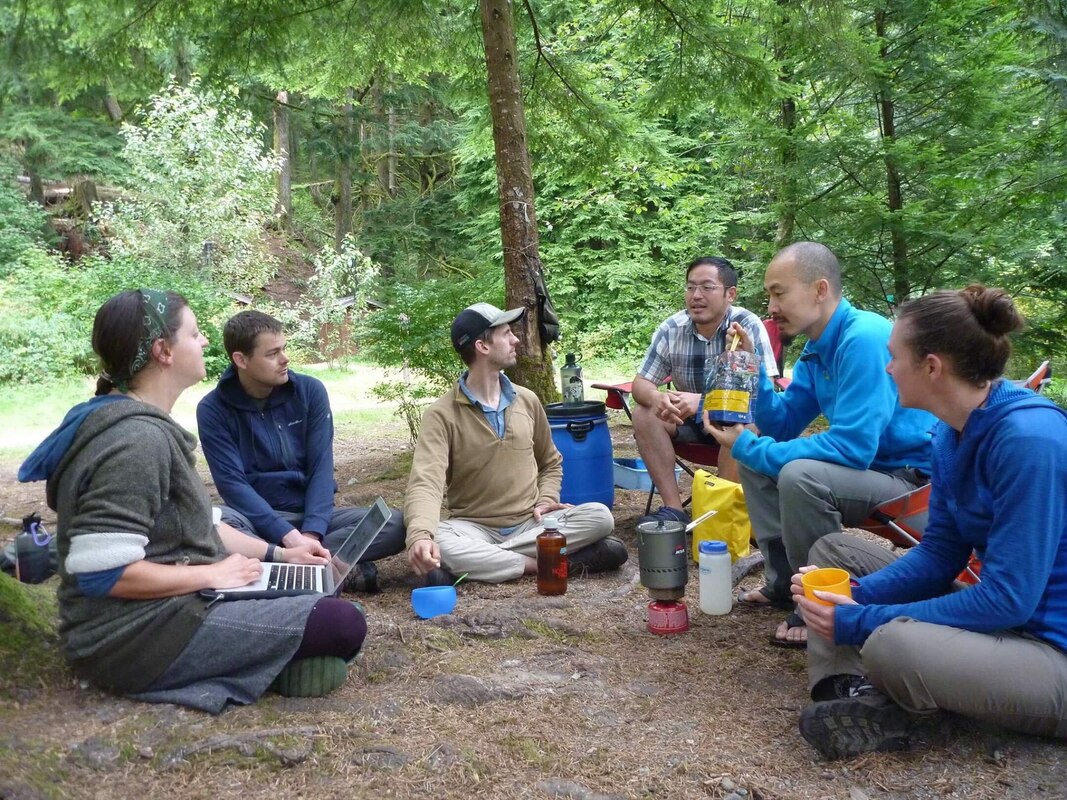
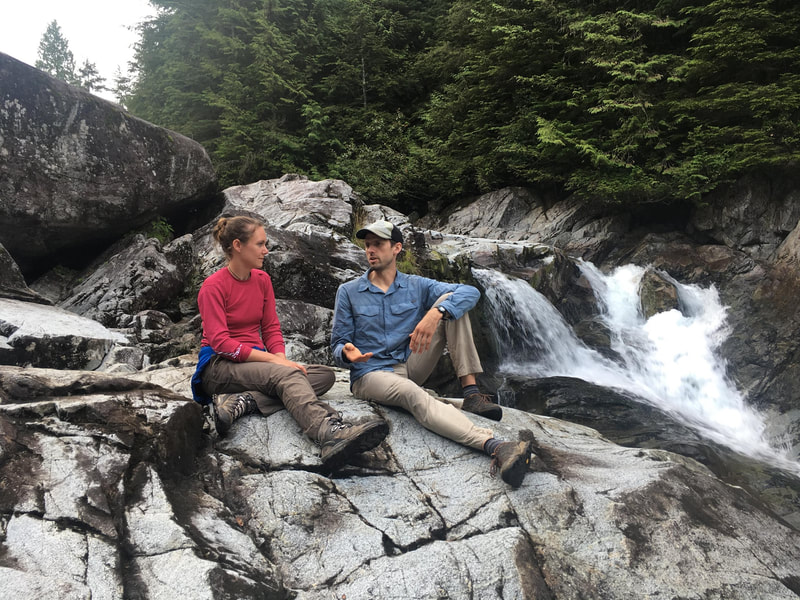

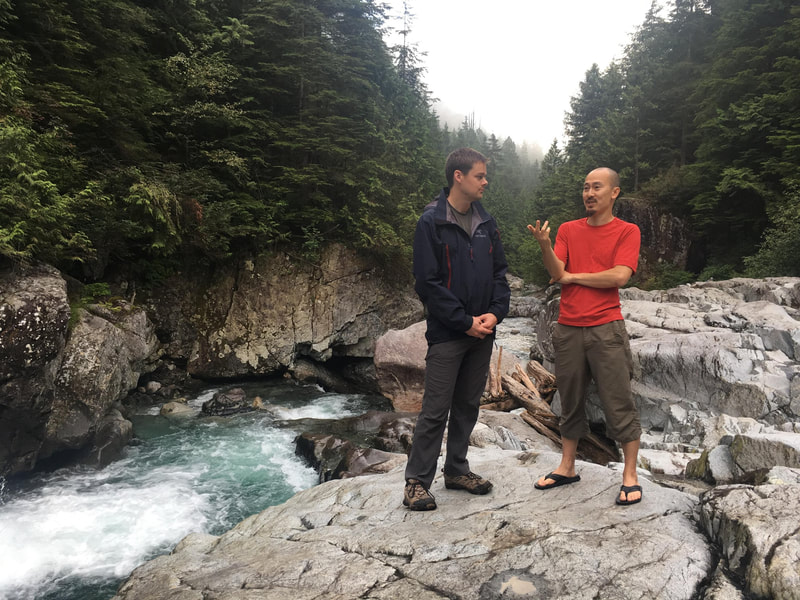
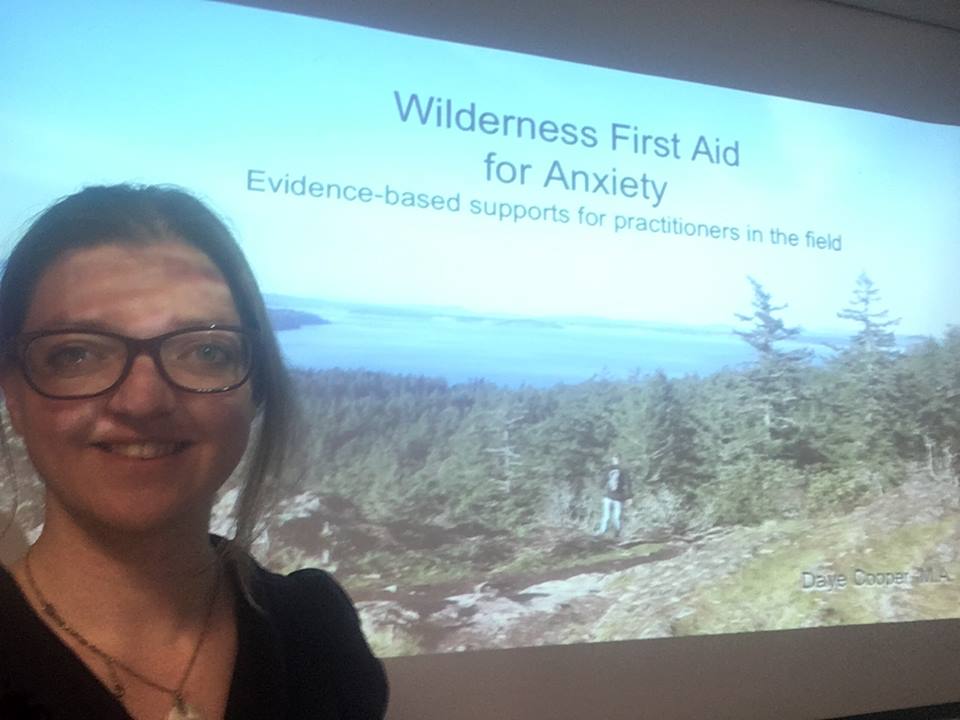
 RSS Feed
RSS Feed
